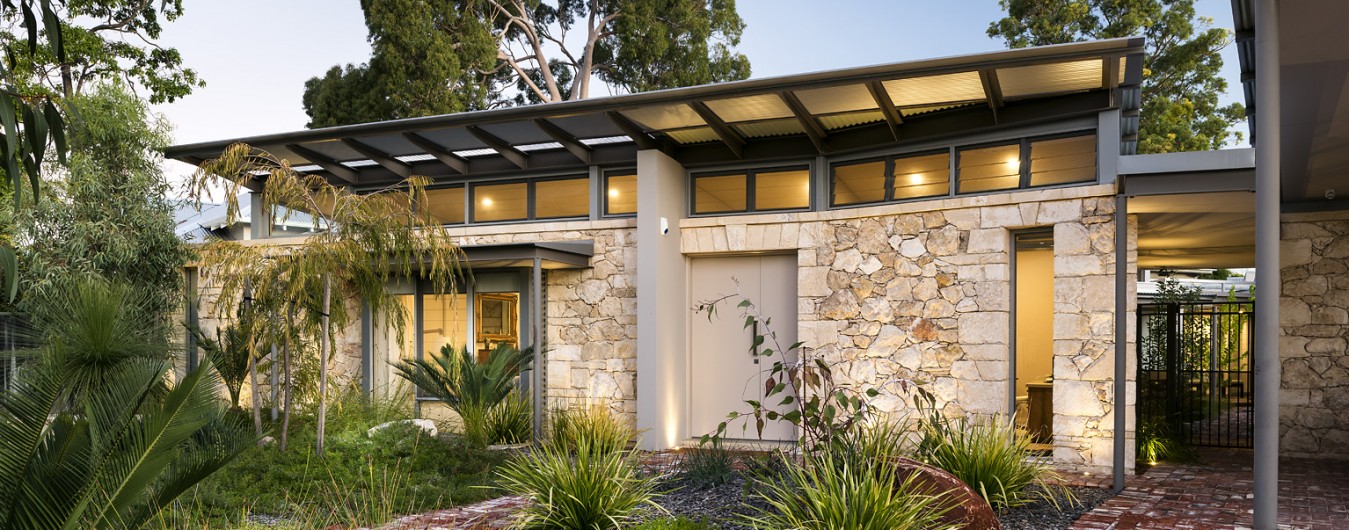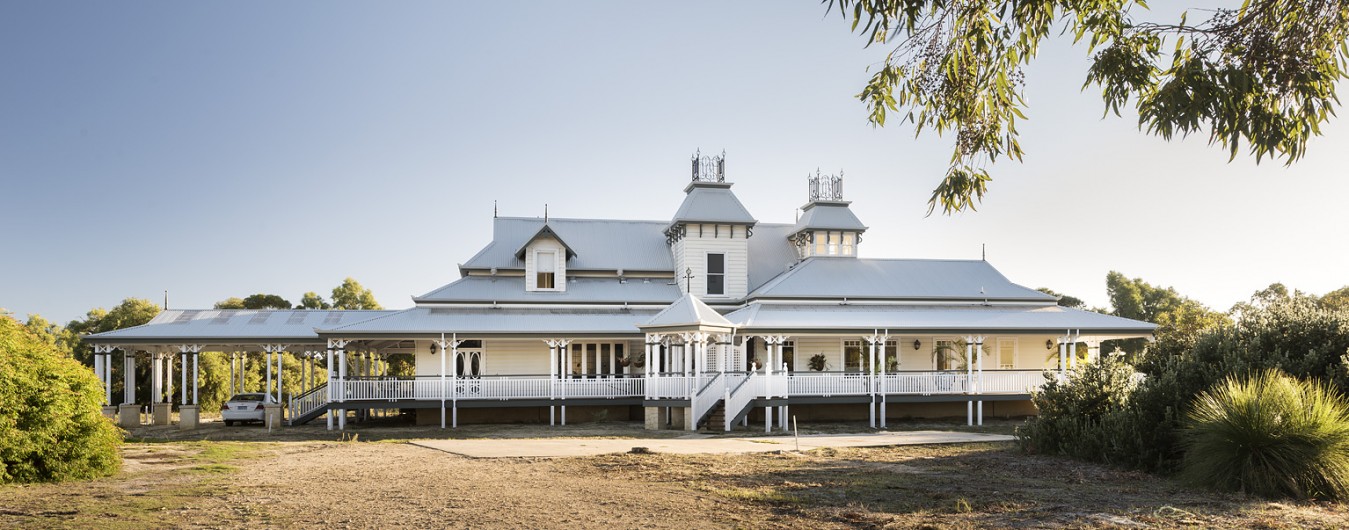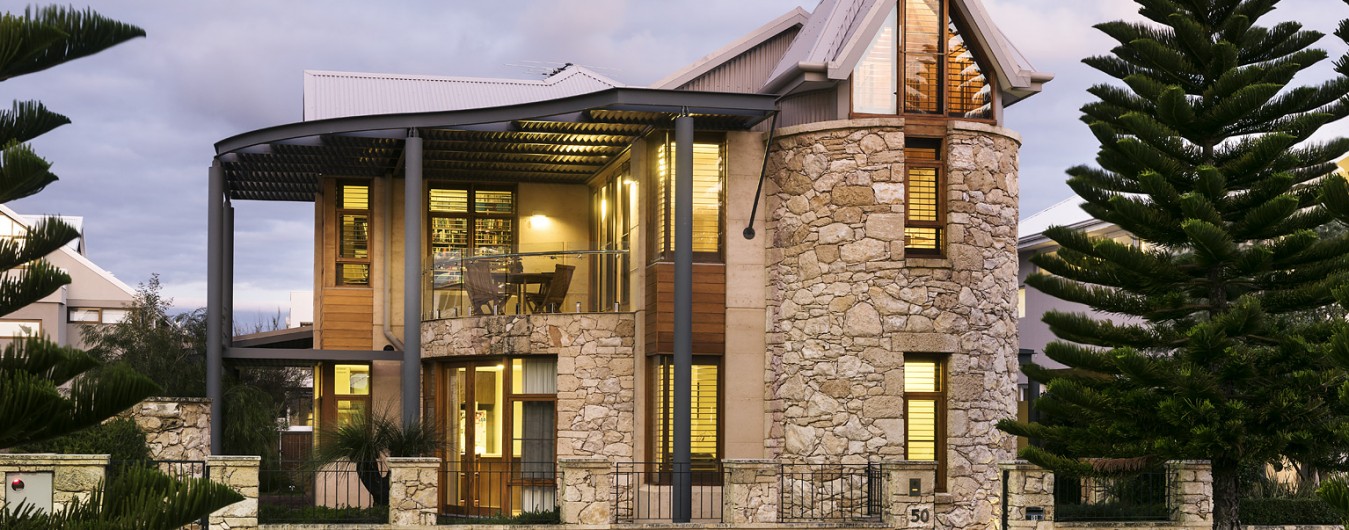Solar Industry Budget Cuts Announced
They say a day is a long time in solar policy. Over the weekend we saw Prime Minister Gillard announce $370 million in solar industry budget cuts to pay for the ‘Cash for Clunkers’ program.
Solar Hot Water was the first target. A total of $150 million was pulled out of the federal government’s solar hot water rebate program, (the Renewable Energy Bonus Scheme) with $75 million lost in 2010/11 and another $75 million in 2011/12. This could result in the premature end of that program.
Next the solar industry budget cuts affected Solar Flagships, with $220 million taken from stage one, (with $70 million lost in 2012/13 and a further $120 million in 2013/14). The Solar Flagships program has already been delayed by around a year while industry waited for detail and now funding has been cut.
In addition to the above, more solar industry budget cuts came from changes in the support given to small scale solar (solar hot water and solar PV). Originally the small scale scheme was proposed as an uncapped scheme. When the legislation passed however, a potential cap on support for small scale solar was set at 6 million Renewable Energy Certificates Australia in 2015.
Sounds OK? Not when you consider that in 2009 over 10 million small scale Renewable Energy Certificates Australia were created. (And no, this figure is not inflated by phantom REC’s to any significant degree, as phantom REC’s only started to wash through the system in late 2009). That means that the Renewable Energy Certificates price paid for residential solar could be reduced in the near future. More solar industry budget cuts ahead?
Connecting Renewable Energy to the Grid
On first pass it seemed that the solar industry has had a small win with the government committing $1 billion to connecting renewable energy to the grid. But then we learnt that the first tranche is $100 million over the next 4 years.
The cost of installed High Voltage Transmission lines that actually extend the grid are estimated to be around $1.7 million per kilometre. As it stands this policy is set to deliver less than 15km of new transmission line per year for the next 4 years.
Renewable Energy Feed-In Tarriff Victoria
But good solar policy is being implemented. Last week the Victorian Government committed to a 5% solar target by 2020, and a feed-in-tariff to drive that commitment. It’s a very strong policy – precisely the sort of policy the federal government should be adopting – rather than solar industry budget cuts they need to be increasing support.
National Target for Solar Energy Supply
For too long the solar industry has been an easy target. Our industry is subject to constant policy change, delay and uncertainty. This is no way to run industry development policy.
What we need is long term stability. First, let’s set out a national target for solar at 5% of electricity generation by 2020 (around 6,500MW of capacity).
Next, put the policies in place that will drive domestic, commercial and industrial demand for solar. The federal government must build on existing State and Territory support for solar, by expanding feed-in-tariffs to include larger commercial and industrial solar.
At the largest scale a competitive feed-in-tariff would be ideal. This is where the projects that help reach the target, and can be developed for the lowest feed-in-tariff are successful.
Next we need to drive down the costs of these solar projects. One important way to do this is through government backed loan guarantees, which act to reduce the cost of project finance.
We have a world class solar resource. We have strong public support. We have proven technology that is rapidly falling in price. It is time we got serious about a comprehensive, long term plan for a solar Australia, instead of being hampered by solar industry budget cuts.
Need a Long Term Solar Energy Plan
Australia’s solar resource is available everywhere, it closely matches demand, and can it be stored and dispatched when it is needed most. If we are all active in spreading this message over the next week or so, perhaps it is not too late to turn the fate of solar around.
Now is the time to speak out. Get active in online discussions; write to the media, and to your local federal candidates.
John Grimes, CEO Australian Solar Energy Society (AuSES)
Website: www.auses.org.au Email: CEO@auses.org.au
Some useful media addresses follow:
The Australian letters@theaustralian.com.au Financial Review edletters@afr.com.au Sydney Morning Herald letters@smh.com.au
Daily Telegraph letters@dailytelegraph.com.au Canberra Times letters.editor@canberratimes.com.au Courier Mail cmletters@qnp.newsltd.com.au The Age letters@theage.com.au Herald Sun hsletters@heraldsun.com.au Adelaide Advertiser advedit@adv.newsltd.com.au Keep letters to 200 words and include your full name, daytime phone number and address.
We need to prevent more solar industry budget cuts. Spread the word that solar needs policy stability now.Click to read related articles on photovoltaics, renewable energy systems, green roofs, LEED and green architects on this blog.
< Back to Blogs
 Climate Change Minister Greg Combet in Cancun is reported to have said that the credibility of the UN process is in danger if progress is not made.
Climate Change Minister Greg Combet in Cancun is reported to have said that the credibility of the UN process is in danger if progress is not made.








